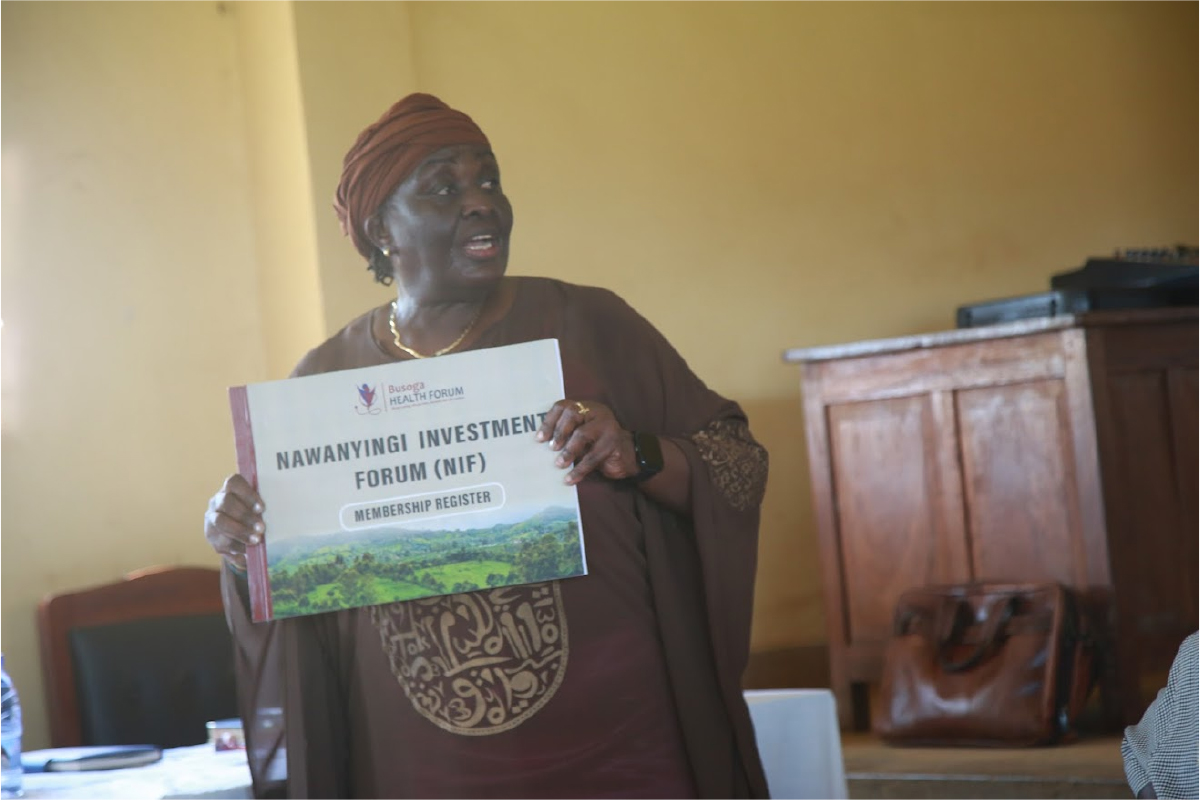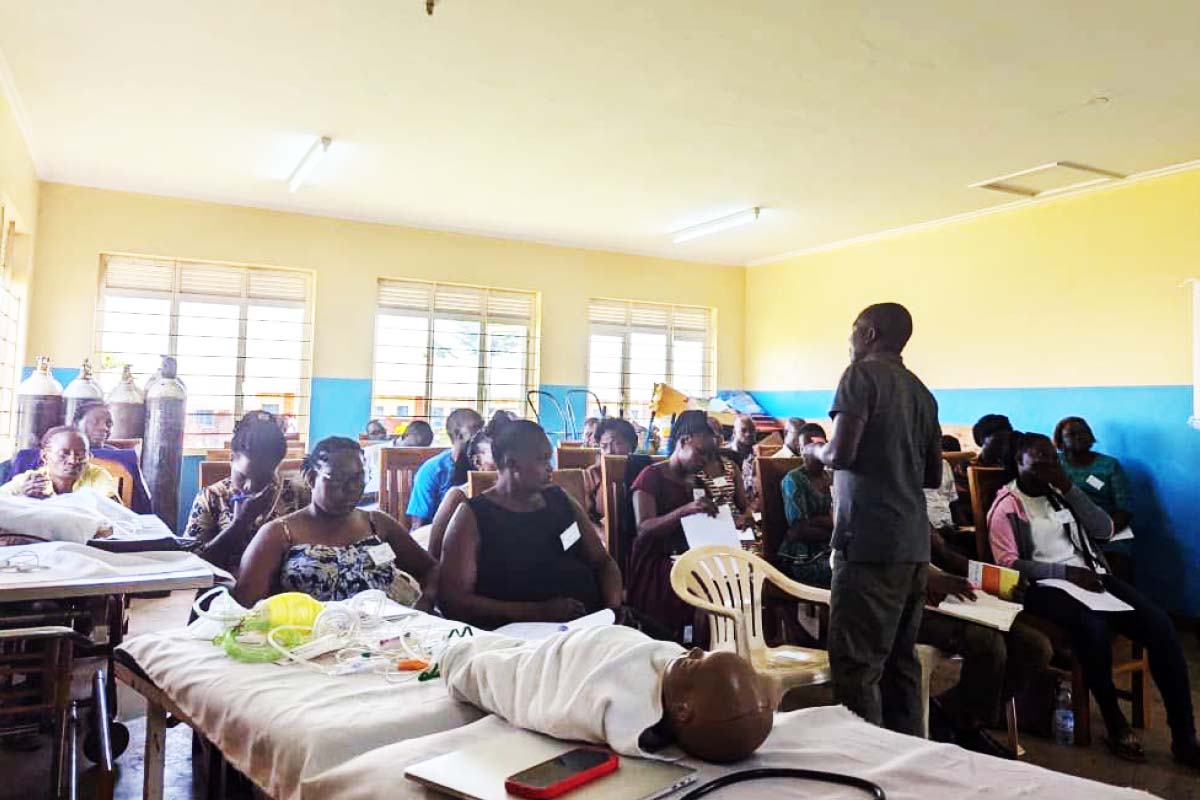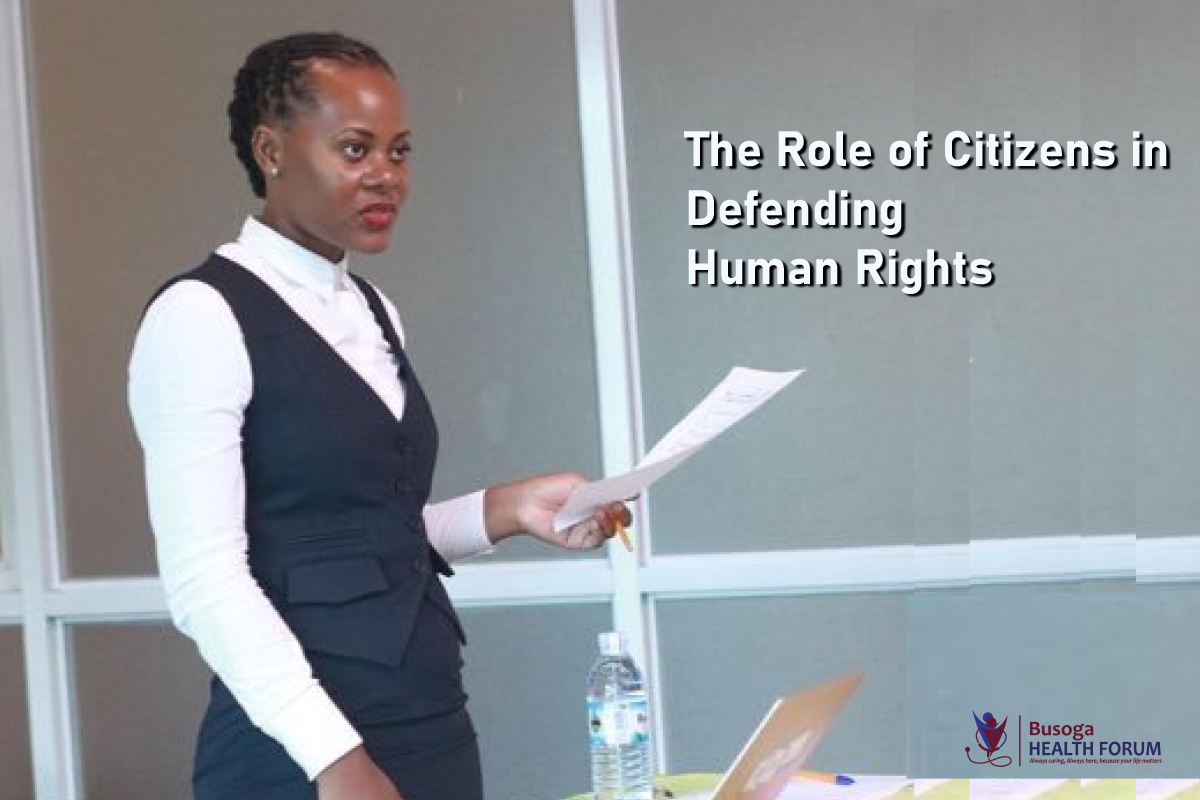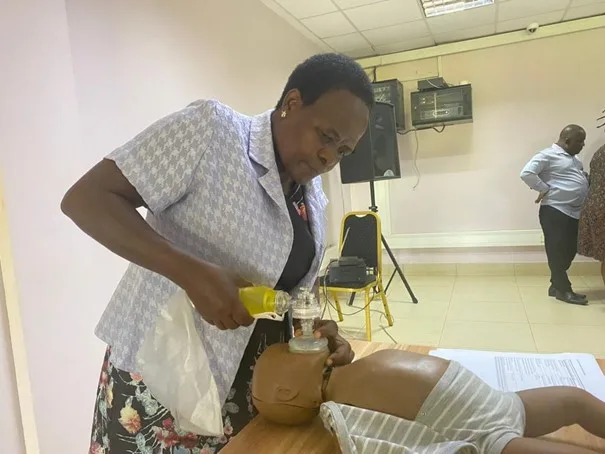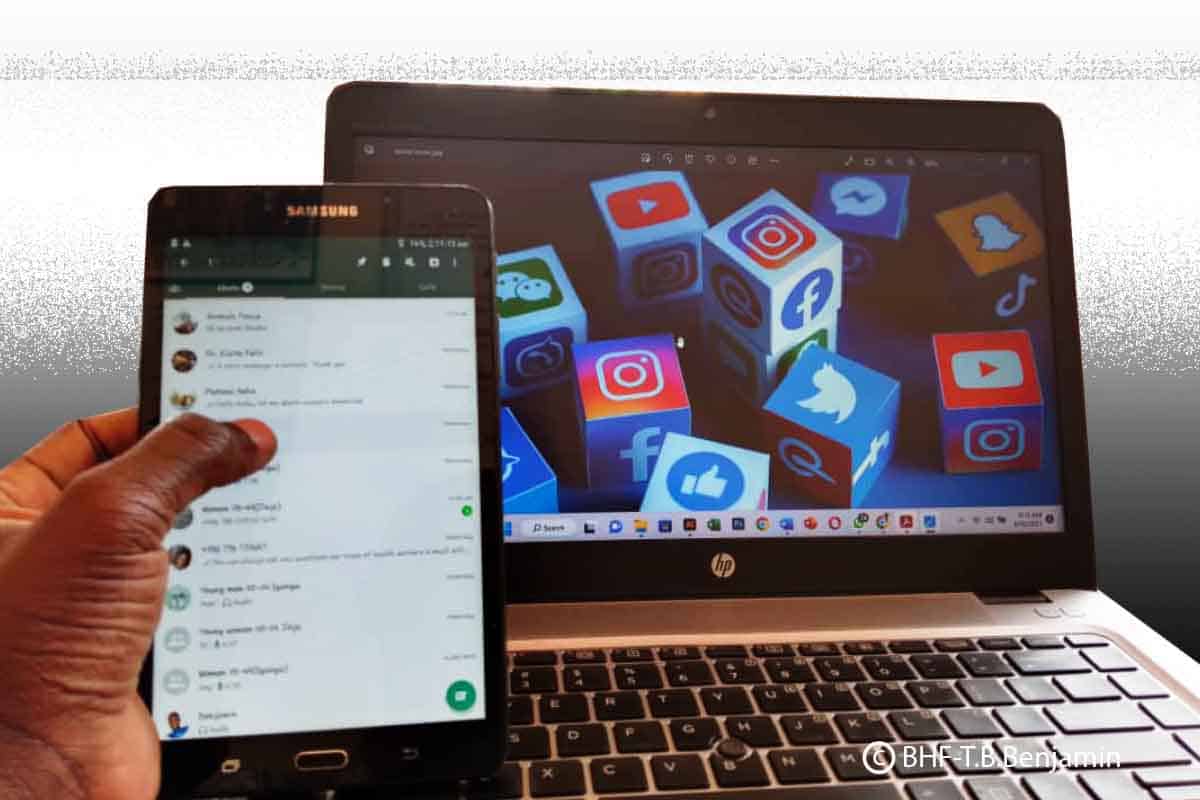
Social Media: Bridging the Family Planning Information Gap in urban areas in Busoga
By Elizabeth Namara
According to the Ministry of Health, 25 percent of Ugandan teenagers become pregnant by the age of 19. A report by the Uganda Bureau of Statistics (UBOS, 2018) reveals that close to half of the teenagers are married before their 18th birthday and continue having babies into their mid-40’s. Busoga continues to take key position with high rates of teenage pregnancy. According to the Uganda Demographic and Health Survey, research conducted between 2019 and 2020 indicates the region having had more than 80,000 teenage pregnancy cases.
In the peri-urban areas in the Busoga sub-region in Uganda, Busoga Health Forum together with Makerere University School of Public Health are using WhatsApp and Short Message Service (SMS) to reach the different populace with information on family planning.
Jacquellyn Nambi Ssanyu, the Urban Thrive Project coordinator believes that the intervention is a cost-effective way to reach young people with family planning information.
She remarked, “Providers keep saying there are youth-friendly services at the health facilities, but when we speak to young people, they say they are not there. There are few spaces for young people to get information about contraceptives or family planning.”
“Our WhatsApp groups are a safe space. Young people are learning together with their peers. It is a safe place for young people to access information. It does not cost them much. It is easy and convenient for them. I like the fact that we have health workers who can respond to the information. There is two-way communication.” Ms. Ssanyu noted.
The intervention is playing a crucial role inreaching urban populations and in highlighting the challenges that young women and men face in accessing sexual reproductive information. It has also been well received and appreciated by the participants, especially the women.
One 18-year-old participant from Iganga Municipality noted that she has specifically learned about the calendar method. “I have learned about the calendar method. [You use it] When you don’t want to use [hormonal] contraceptives and yet you don’t want to be pregnant.”
She also added, “With WhatsApp, we get more information unlike at the health facilities where the health workers give limited time.”
However, while the groups provide information about family planning and where services can be obtained, poor health worker attitude has been raised as a major barrier to service utilization in most of the groups of young women.
“I get feedback from different people thanking me. They have been having issues. They don’t know where to run to. They don’t get enough attention at health facilities. Some of them fear going to the health centers. We get weird treatment from health centers. I am a victim and a witness of bad treatment. They are not welcoming and we are not given attention at health centers,” said Shamina, a teenage mother and the group administrator for the WhatsApp Group for young women in Iganga aged between 16-20.
Shamina believes that health workers are biased against providing services to young people. Health workers attached to the WhatsApp groups find the family planning information shared relevant for the audiences. A health worker from Bugembe Health Center IV in Jinja City noted that the videos shared on social media educate on side effect management and commonly used contraceptives.
While responding to the attitude of the health workers, the Bugembe-based health worker attributed the attitude to the workload of the health workers on duty, for example, attributed to having to attend to Ante Natal Care and Family Planning clients at the same time.
“There are challenges in integration,” she confirmed.
Such service delivery challenges hinder young people and other older men and women from going to health centers to access services and information. Social media interventions like this one can be leveraged to fill these gaps and educate individuals, families, and communities about the benefits and side effects of family planning.
However, one challenge encountered in using WhatsApp groups to disseminate family planning information has been the difficulty of building rapport among members who are unfamiliar with each other, thus inhibiting free-flowing conversations.
The challenge has been addressed through the various group administrators and health workers who reach out to the participants through Direct Messages as a way of creating rapport. It’s high time social media and short message services are taken up as effective ways of sharing sexual and reproductive health information. The intervention caters for individuals with access to smart phones and dumb phones.

